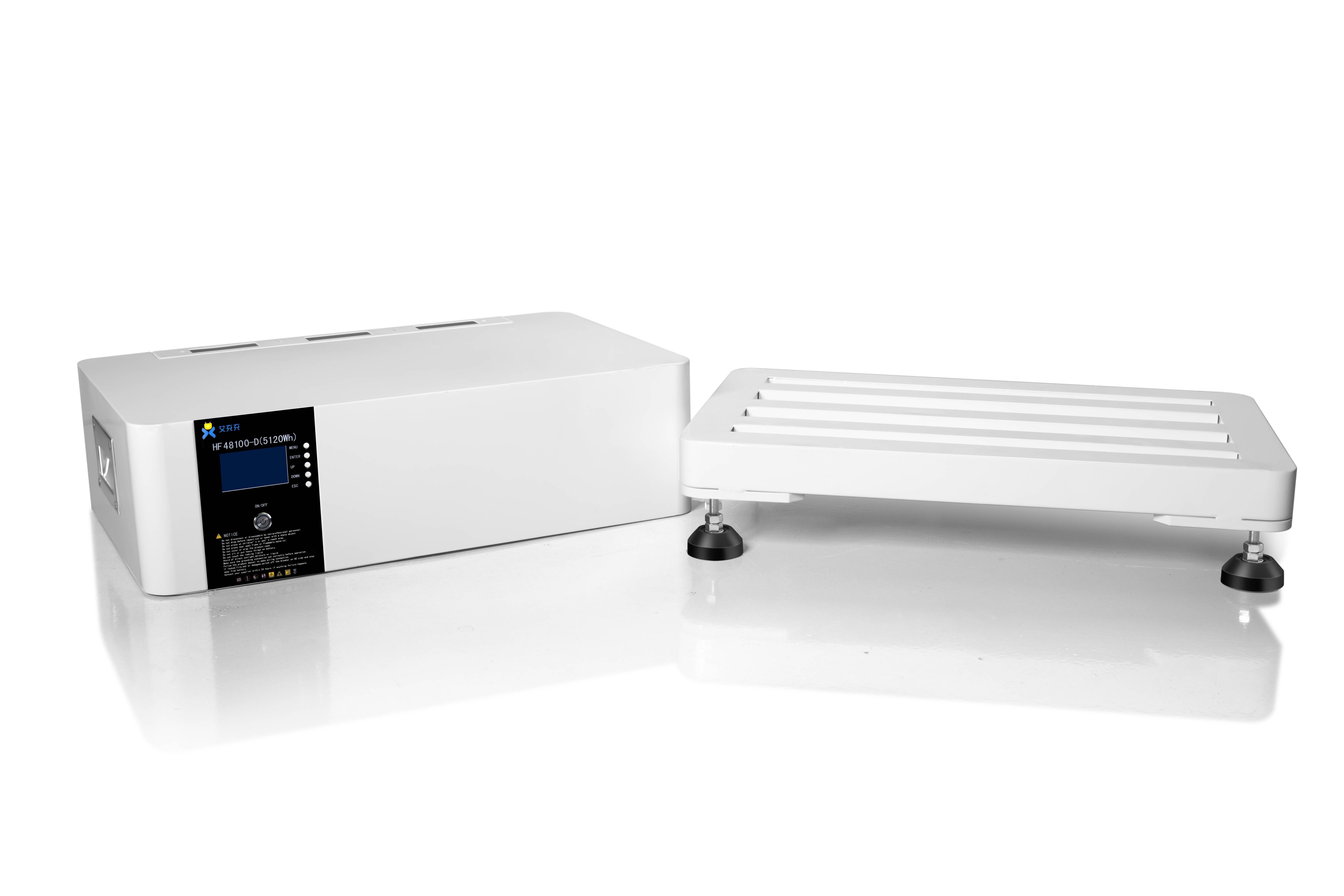
Dec . 15, 2024 08:04 Back to list
CE Certification for Distributed Energy Storage System Solutions and Standards
CE Certification for Distributed Energy Storage Systems
In recent years, the demand for sustainable and reliable energy solutions has surged, propelled by concerns over climate change and the need for energy independence. Distributed energy storage systems (DESS) have emerged as a vital component of this transition, offering flexibility, efficiency, and stability to energy grids. However, for these systems to gain widespread acceptance and integration, they must adhere to rigorous standards of safety and performance. One of the most recognized benchmarks in this realm is the CE certification, which plays a crucial role in the deployment of distributed energy storage systems throughout Europe and beyond.
Understanding CE Certification
CE certification indicates that a product meets EU safety, health, and environmental protection requirements. The CE mark signifies that the manufacturer has assessed their product and ensured compliance with applicable European directives. For distributed energy storage systems, which include technologies such as batteries, flywheels, and supercapacitors, CE certification is particularly important. It not only enhances marketability but also fosters consumer confidence, as it assures stakeholders that the systems are safe to use and reliable.
The certification process for DESS involves several steps. Manufacturers must provide documentation outlining their product design, risk assessments, and compliance testing. This often includes demonstrating how the system operates under various conditions, such as temperature fluctuations, electrical stress, and potential hazards. Independent testing bodies typically evaluate the products against established standards, ensuring they meet the necessary criteria before awarding certification.
The Importance of DESS in the Energy Transition
Distributed energy storage systems play an essential role in modern energy grids for several reasons. First, they facilitate the integration of renewable energy sources, such as solar and wind power, which are intermittent by nature. By storing excess energy generated during peak production times and releasing it when generation dips, DESS help stabilize the grid and ensure a consistent power supply.
Second, DESS contribute to grid resilience. In the event of a power outage or demand surge, these systems can quickly provide back-up power, mitigating disruptions and enhancing energy security. This capability is particularly vital as we face increasing threats of extreme weather events and other disruptions exacerbated by climate change.
ce certification distributed energy storage systems

Moreover, DESS can aid in reducing energy costs. By charging during off-peak hours when electricity rates are lower and discharging during peak hours when rates are higher, consumers can potentially save on their energy bills. This economic advantage further drives interest in energy storage solutions.
Challenges and Requirements for CE Certification
Despite the clear benefits of CE certification, obtaining it can be a complex and resource-intensive process, particularly for small and medium-sized enterprises (SMEs). The rigorous testing and documentation requirements may pose significant challenges, especially for companies without the necessary expertise or resources to navigate the regulatory landscape.
Furthermore, as technology evolves, so do the standards. Manufacturers must stay updated with the latest regulations and testing protocols issued by the European Commission. This dynamic landscape necessitates continuous investment in research and development, as well as a proactive approach to quality management and compliance.
Future Outlook
The future of distributed energy storage systems is promising, with the CE certification playing an integral role in this growth. As countries around the world work towards achieving Net Zero targets, the demand for efficient and safe energy solutions will continue to rise. The integration of DESS into the energy landscape not only supports this transition but also enhances energy security, environmental sustainability, and economic viability.
In conclusion, CE certification for distributed energy storage systems is not merely a regulatory hurdle; it is a crucial step towards ensuring the safety and reliability of these technologies. As the energy landscape continues to evolve, successful certification will enable manufacturers to deliver innovative solutions that meet the needs of consumers, utilities, and governments aiming for a sustainable energy future. The road ahead may be complex, but the benefits of a certified distributed energy storage system are clear enhanced safety, increased marketability, and a significant contribution to a greener, more resilient energy grid.
-
Nashua Outdoor Power Supply Solutions – Reliable Exporter & Leading Product Company
NewsJun.10,2025
-
Electricity Supply Emergency Code Solutions – Reliable Products & Exporter Services
NewsJun.10,2025
-
Vault Portable Power Station – Reliable Energy Solution for Outdoor & Emergency Leading Company & Exporters
NewsJun.10,2025
-
Portable Power Station Manufacturer High-Capacity & Reliable Power Solutions
NewsJun.10,2025
-
Efficient Small Scale Mechanical Energy Storage Systems
NewsJun.10,2025
-
Seagate GoFlex Home Power Supply Reliable Replacement Adapters
NewsJun.10,2025























